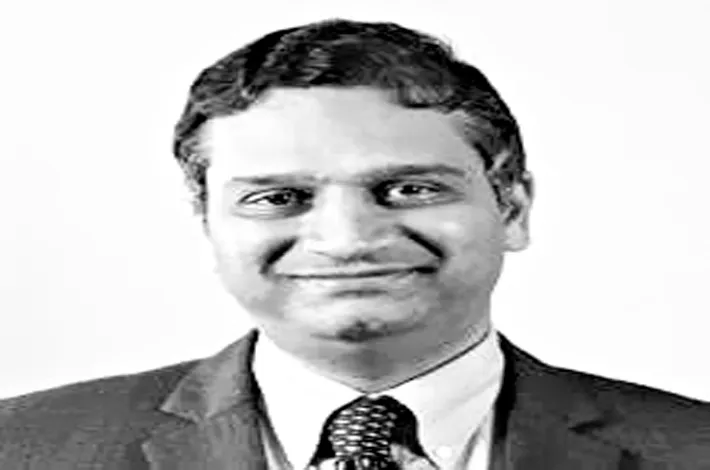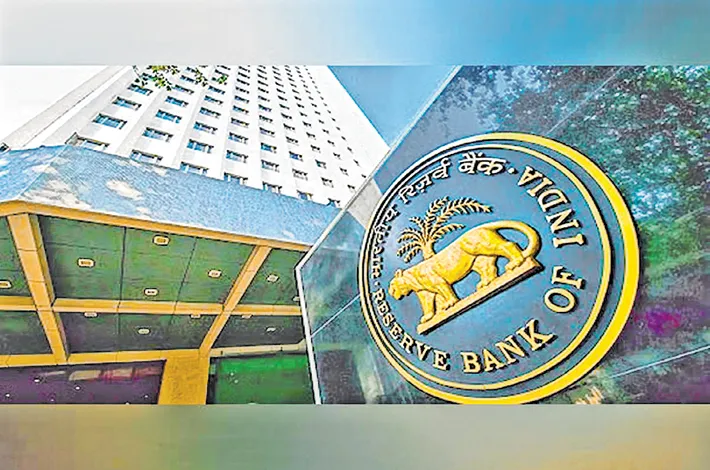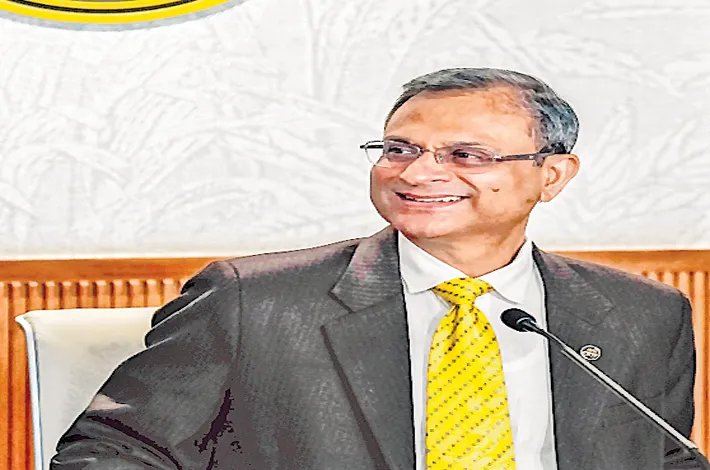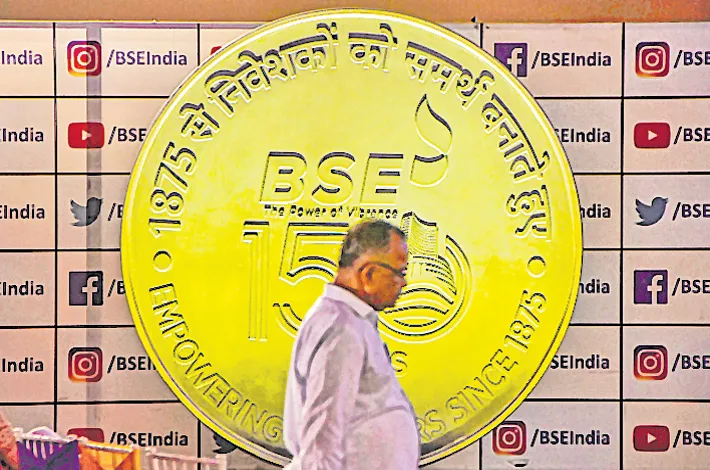Drama and strategy set the stage for Bengal elections
25-11-2025 12:00:00 AM
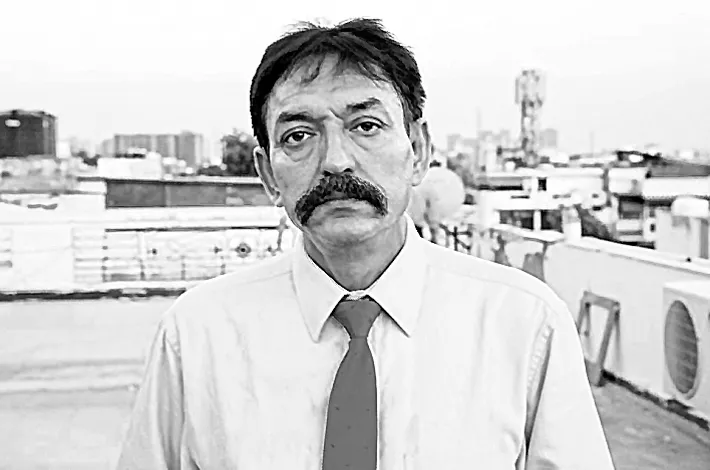
It appears that Mamata Banerjee has adopted a tactic from Rahul, who routinely claims the judge is biased before the verdict is announced
With the Bihar elections done and dusted, the spotlight has now shifted to the West Bengal Assembly polls, slated for March-April next year. Prime Minister Narendra Modi set the ball rolling through his speech after the NDA’s spectacular victory in Bihar, where he invoked symbolism, saying the Ganga flows from Bihar to Bengal and that they would uproot the jungle raj there as well.
While such rhetoric is effective, deep inside the BJP, there is an acknowledgement that this is easier said than done, especially with the iron grip Mamata Banerjee’s government has maintained over West Bengal for the past 15 years. Whether the Mamata Banerjee government is truly popular or not is beside the point. If Modi is accused of engaging in “jumlebaazi” or mere rhetoric, Banerjee is a master of political theatrics. None can forget the cast on her uninjured leg as she moved around in a wheelchair just before the 2021 elections. The cast vanished as soon as her party, Trinamool Congress, secured a landslide victory, and there was no limp in sight, defying medical logic.
However, beneath the surface, Banerjee is already unsettled. Her resistance to the routine Special Intensive Revision (SIR) being undertaken by the Election Commission in West Bengal, alongside nine other states, betrays her apprehension that the exercise may reduce her dedicated vote bank, particularly those illegal Muslim migrants who have enrolled as Indian voters, allegedly through fraudulent means and with help from the state machinery.
A glance at the number of registered voters across the state, especially in constituencies near the Bangladesh border, can be a revelation about the depths politicians will go to secure victory, even at the nation’s expense. Since the TMC took charge in 2011, the number of voters has surged dramatically in many constituencies. The demographic shift is stark, with Muslims now accounting for over 60 or 70 per cent of the electorate.
Unsurprisingly, the SIR exercise will focus on such voters and verify their legitimacy as Indian citizens. Raising objections even before the process begins reflects a deep fear that, following the deletion of 65 lakh voters in Bihar, West Bengal may see the removal of several crores. No other state has objected to the use of government school teachers as booth-level officers, given that the Constitution allows the Election Commission to deploy government staff for election work. While it interrupts their routine duties, it has always been integral to the election process since the Election Commission lacks sufficient staff to conduct such a massive exercise. The SIR is set to conclude on December 4, so protesting at this stage defies reason.
It appears that Mamata Banerjee has adopted a tactic from Rahul Gandhi, who routinely claims the judge is biased before the verdict is even announced. Gandhi employs this method to excuse the Congress party’s repeated defeats, although his approach has evolved over the past few years. Previously, he blamed EVMs for his party’s losses; now he speaks of “vote chori”, attributing blame for electoral setbacks to voting after the scheduled hours. Now he has shifted his focus to the SIR and the removal of deceased, migrated, or fraudulent names from the rolls.
It will be interesting to observe how this “vote chori” theme plays out during the West Bengal election campaign, following its complete failure in neighbouring Bihar. The Congress party is set to continue its ineffectual alliance with the Left Front and may frequently cross paths with the Trinamool Congress, with mutual accusations and curses being exchanged. The truth remains that Banerjee cannot afford even the perception of supporting Gandhi, since a revival of the nearly defunct Congress-Left alliance would directly threaten the Trinamool Congress, as they rely on the same voter base which Trinamool has largely been commandeering now.
Furthermore, the opposition to the SIR by the Opposition holds another potential risk. It may ultimately influence the outcome in West Bengal. Casting themselves as protectors of illegal Muslim voters from across the border may serve to galvanise Hindu voters, who are disgruntled at their shrinking numbers. Should this occur, a surprising result cannot be ruled out, and the BJP’s aspiration of unseating the Trinamool Congress could well be realised. A preview of such an upset was seen in 2021, though for different reasons.
Never could Mamata Banerjee have imagined that, despite her party’s resounding victory, she would endure the humiliation of losing in Nandigram to her former confidant, Suvendu Adhikari, and then have to take oath as chief minister without being an MLA. Whether she dares to contest Nandigram again, chooses to stand from multiple seats, or sticks to Bhabanipur will be closely watched. She began shifting blame, in Rahul Gandhi’s style, in October, complaining that outsiders are buying property in her constituency, forcing her voters out of Bhabanipur.
At this juncture, it is evident that Banerjee is rattled and may go to any lengths to keep Trinamool Congress in power. To what extent she might go is not hard to guess. West Bengal’s roads have often seen violence during elections. It is hoped that this time, instances of election violence are erased along with bogus and non-existent voters from the rolls.





